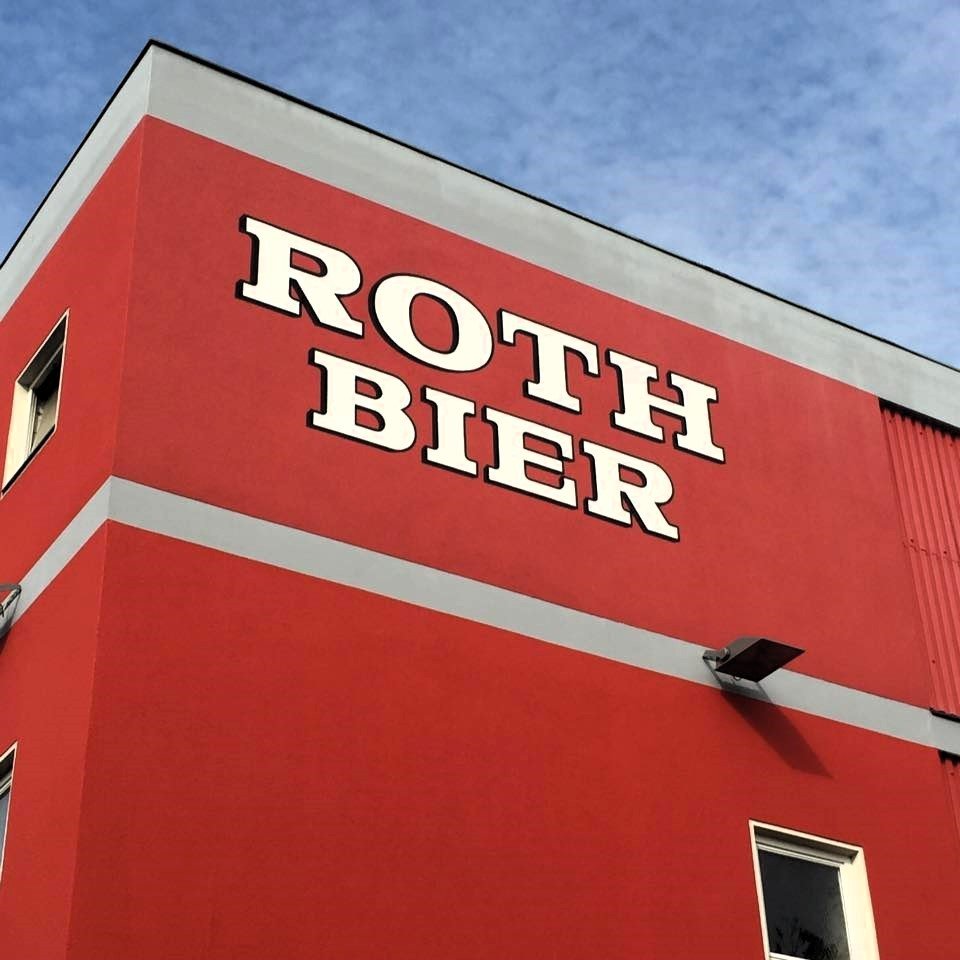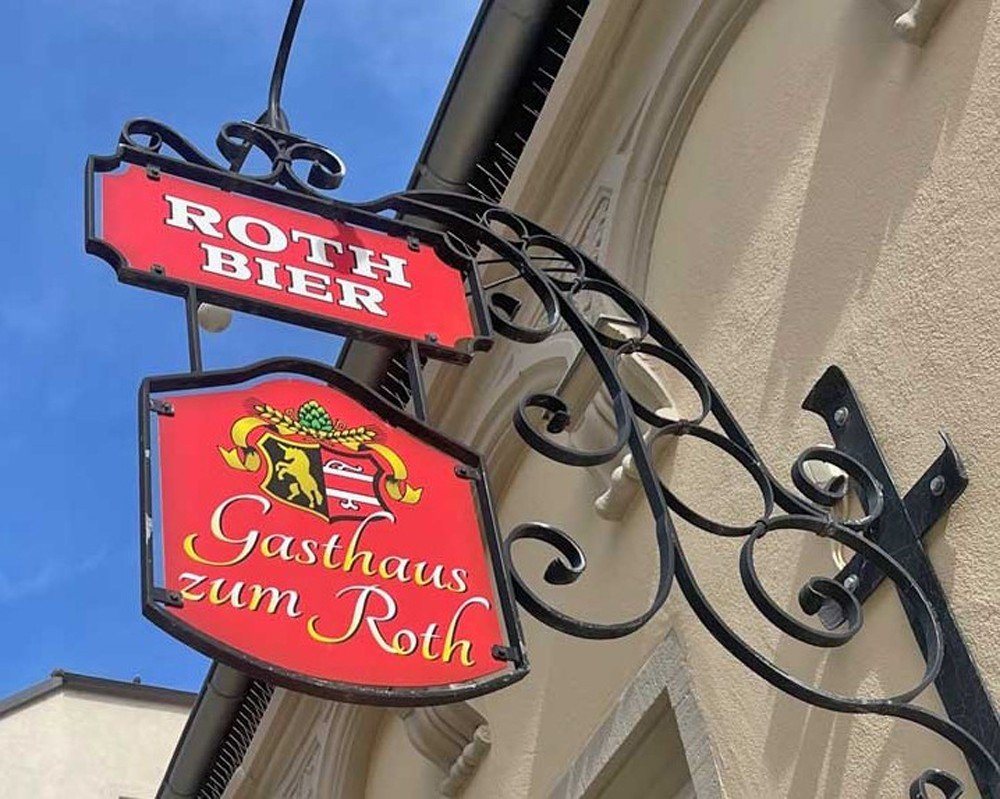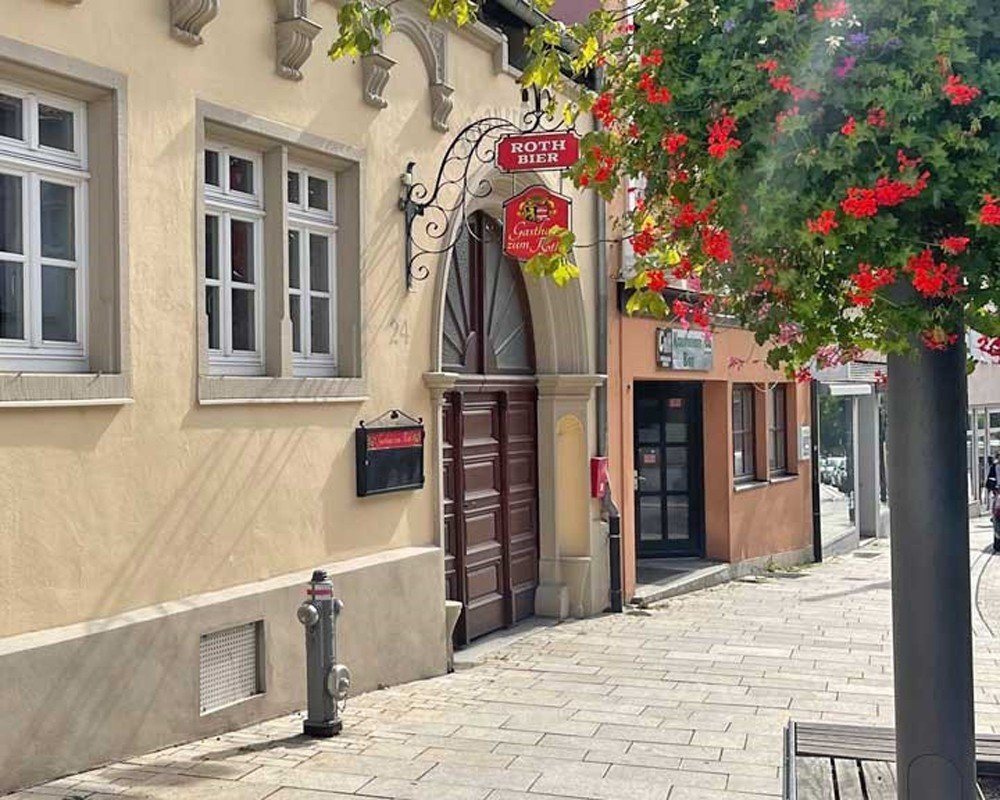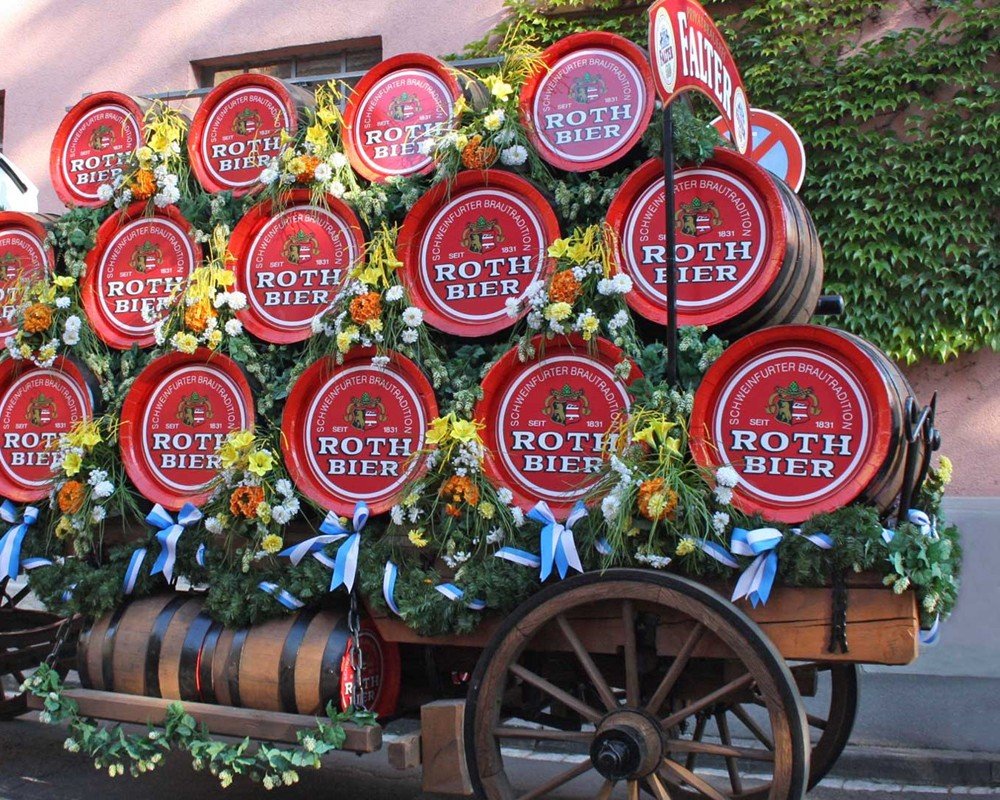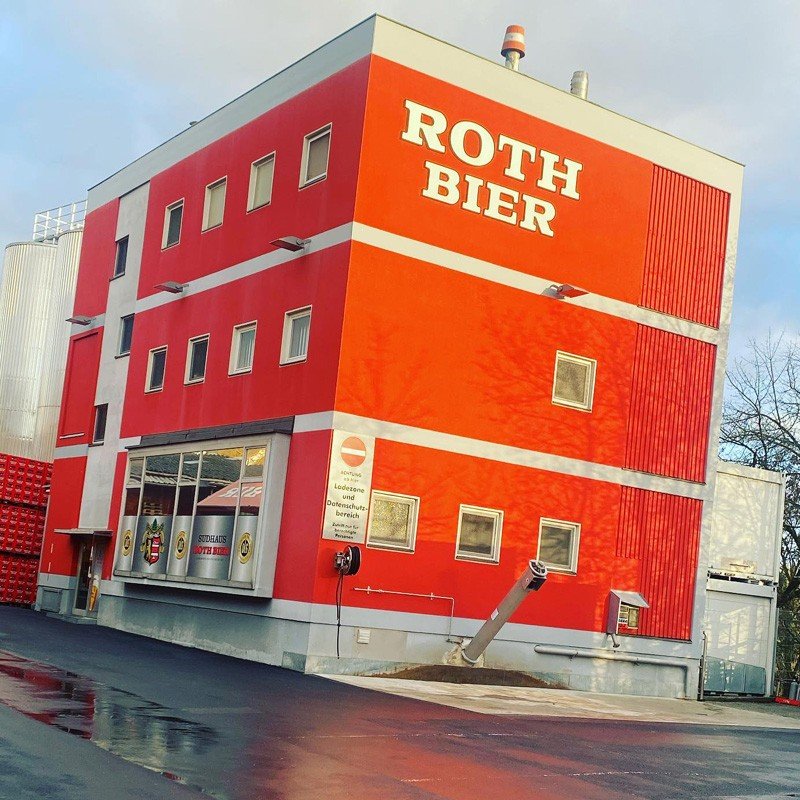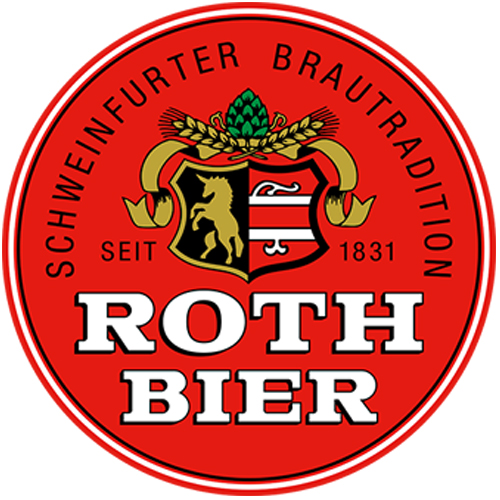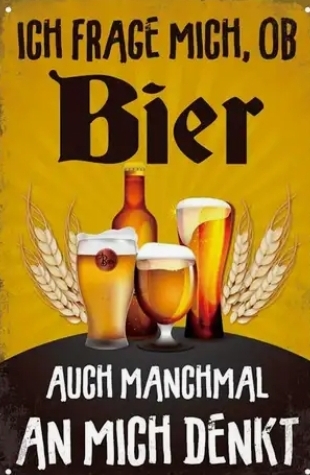Description
The process of brewing - the conversion of naturally obtained starch sugar into alcohol - has not changed in the past 500 years of beer brewing according to the German Purity Law. As before, only the four raw materials - brewing malt, hops, water and yeast - may be used for German beer; however, the process of brewing has evolved over the centuries - up to today's perfection. The areas of brewing science and brewery technology in particular deserve exceptional praise. It is still fundamental today that even with ultra-modern beer production in Germany, beer is brewed without additives or malt substitutes. This is guaranteed by the German purity law from 1516, the oldest food regulation in the world. Most red beer drinkers enjoy their favorite beer without worrying about which way the fresh, golden-yellow barley juice bubbling out of the tap has come. With only four raw materials, the brewer must first fall back on the first-class agricultural products brewing grain and hops, as they thrive in Germany's fields in the highest quality. Because even every hobby cook knows that: Good ingredients are the basic requirement for good food. Of course, this also applies to our beer. Once the raw materials have been harvested, sorted according to quality and prepared for brewing, the actual beer production is marked by four production phases: mashing in the malt, making the wort from malt sugar and hops, fermentation with the addition of yeast and the maturation of the young beer. Even if the most modern technology is used to brew beer today, beer brewing in Germany remains a naturally biological process!

